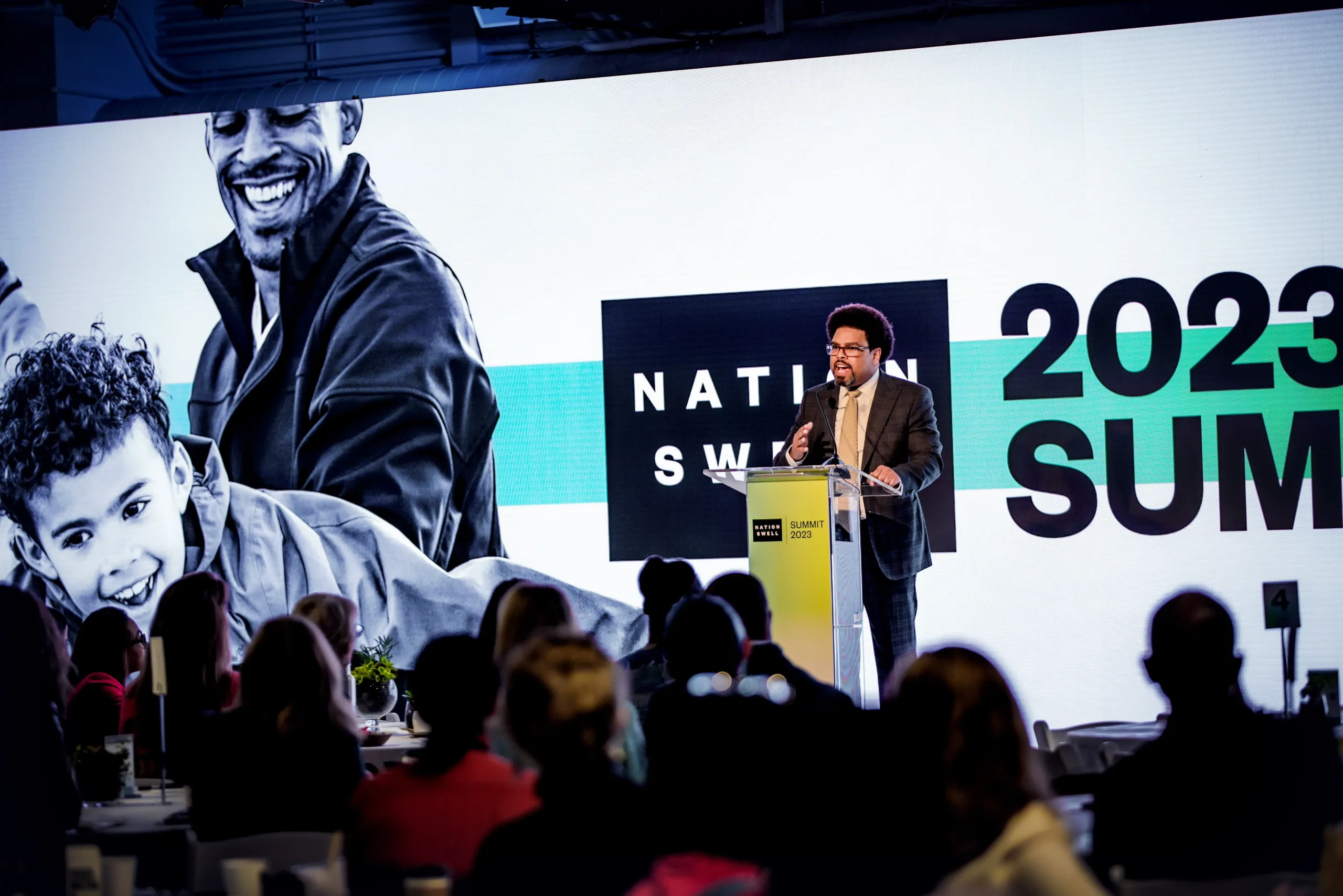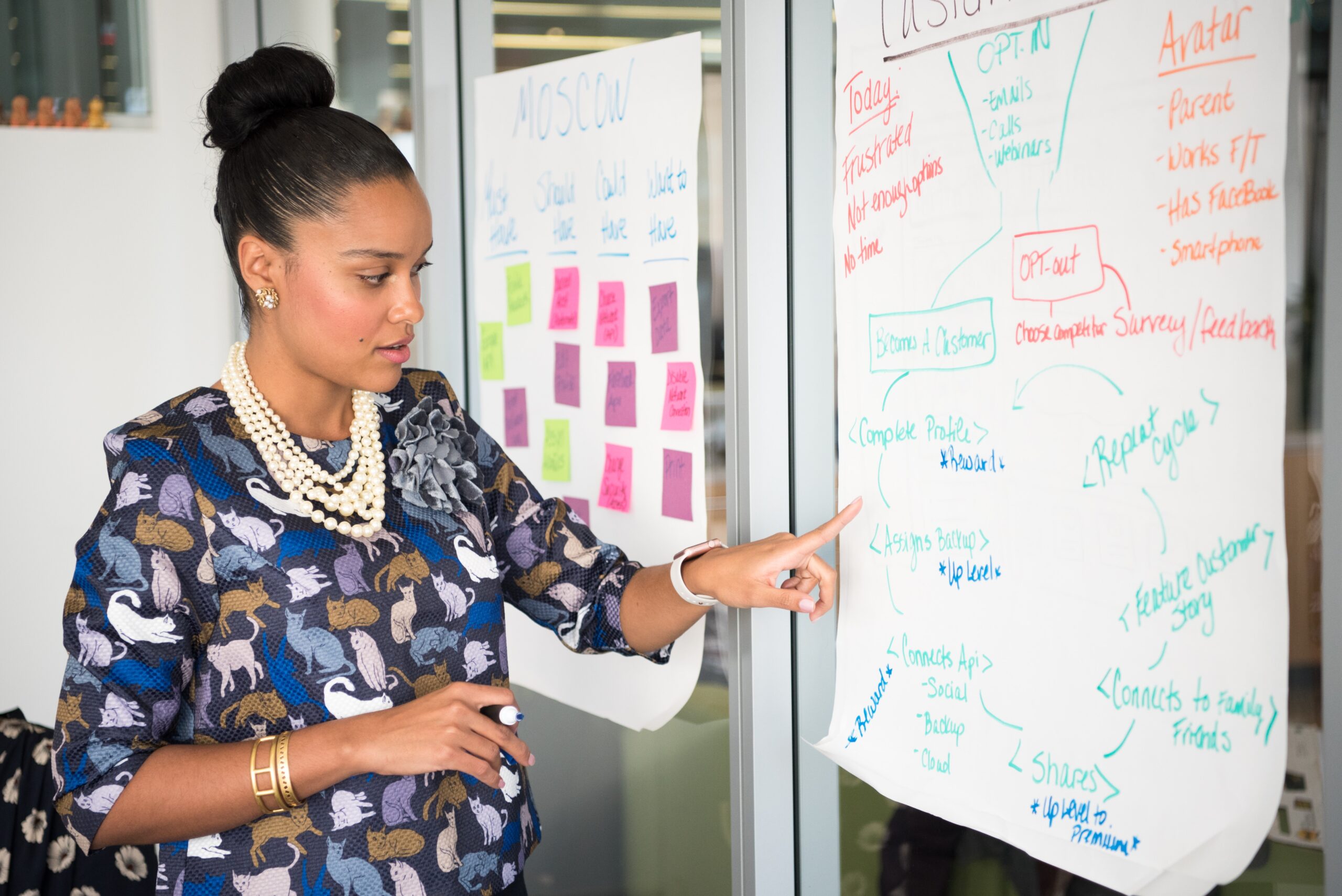Leaders who bring confidence, creativity, and conviction to their work are arguably the most important ingredient to generating social impact. Often behind the scenes, these individuals play key roles in elevating and executing the social and environmental priorities of their organizations, priorities that are increasingly imperative for the private sector. Juggling stakeholder interests, cross-company engagement, and increasing expectations for monitoring and reporting, delivery of a social impact strategy is not an easy task.
From 2021 to 2022, we saw the emergence of the Russia-Ukraine war, the highest daily case counts of the COVID-19 pandemic, multiple mass shootings, deadly instances of extreme weather, and the repeal of Roe v. Wade – all followed closely by ever-louder calls for the private sector to speak out and step up. Leaders in corporate social responsibility and ESG (environmental, social, and governance) were on the receiving end of those calls, setting the priorities and making the decisions that shaped their organization’s actions.
So what exactly were the most significant forces that changed the way leaders in these functions approached their priorities and decision-making over the past year? What did leaders do differently, and why? And what are leaders anticipating the environment, their organizations, and their jobs to hold in store for the year to come?
To answer those questions and more, NationSwell launched a survey in August 2022 specifically for private sector social impact leaders. The resulting report explores nine major findings across three categories:
General sentiments
- Despite a challenging environment, leaders are satisfied with their organization’s social impact and their personal contributions; they also remain confident in their ability to perform in the year ahead
- Compared with their assessment of overall social impact, leaders are less impressed by their organization’s response to pivotal moments in the past year; the same is true of their individual contributions during those moments
- Leaders view creating economic growth – for communities and for individuals – as secondary to their company’s other societal contributions
Headwinds and tailwinds
- Global conflict, the pandemic, and extreme weather significantly outrank domestic social and policy events – including the repeal of Roe v. Wade – for influence on leaders’ priorities
- Leaders share a growing concern about economic conditions, but differ widely on other top headwinds to impact
- Organizational stakeholders provide steady tailwinds for social impact leaders, but the influence of other companies is on the rise
Change and adaptation
- Acknowledging key vulnerabilities and the power of collective action, leaders are creating new frameworks for responding to pivotal moments and seeking strength in numbers
- To become more confident about their paths ahead, leaders need more financial resources; they also need clarifying information about their organizations
- In considering overall career goals, leaders crave thought leadership – their own and that of others


















